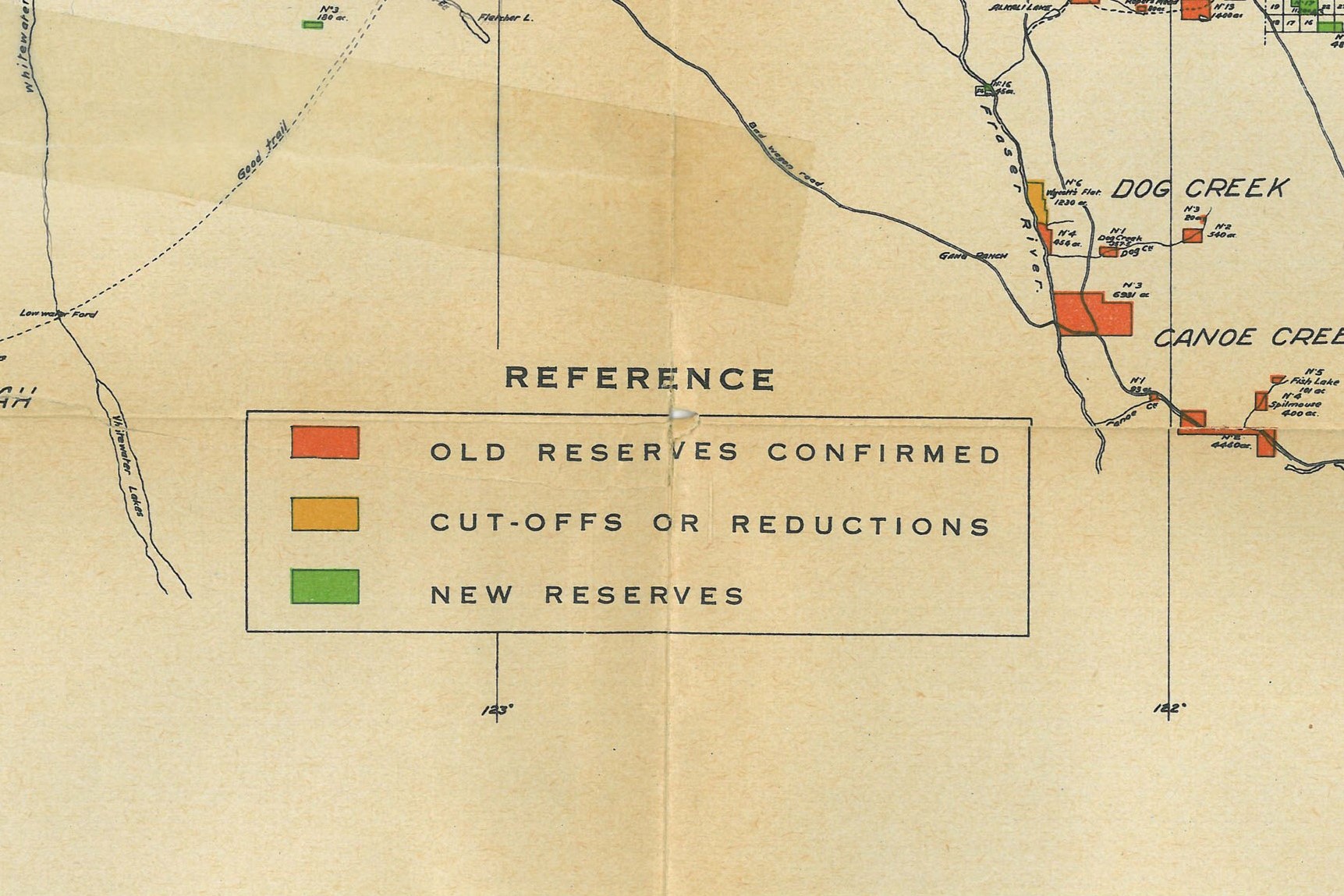Our Culture Lives in the Land
At the very core of this project is the knowledge that Indigenous people maintain a connection to the land, as it is inherent to the culture, identity, history and spirituality. This narrative bridges the gap between the historical and contemporary meaning of 'Our Culture Lives in the Land'.
Connection to the Land
Indigenous Peoples have a connection to the land. Often, in discussions about Indigenous People and the history of Canada, the idea that Indigenous people make a living off the land is relegated to a sentimental and romanticized view of a time before written history. In fact, Indigenous people still maintain a connection to the land, as it is inherent to the culture, identity, history and spirituality. Despite many hardships and changes, the Indigenous cultures of Canada have survived and in doing so, the land continues to be central.
Traditional Territories and Wisdom
The land that the early settlers and colonial powers saw as a new frontier and that current urbanites see as undeveloped is, in fact, a land where people are from; it is a land that is a traditional territory, developed in a variety of ways for the use of a Nation's community. It always was and continues to be the homeland of Indigenous peoples in Canada. Things that are identified as "culture" such as songs, dance, artwork, history, food, craftwork, and ceremonies for Indigenous peoples are most often linked to the land. Stories that mark Indigenous past are written in the land. These stories teach how humans, the land and the animals are all interconnected and all deserve respect. Indigenous songs, dance, and artwork all reflect these teachings. The land and animals are important not because of their aesthetics, but because they are an expression of cultural identity rooted and interlocked with the land.
As much as stories and arts reflect the connection to the land, the land is integral to traditional Indigenous spirituality. In Indigenous spiritual understanding, all the spirits of the world are connected; in this way, people do not stand above the land, but at one with it. Unlike many world religions, sacred places exist on the land rather than in man-made structures. Losing land can mean the desecration of a sacred place. When Indigenous people care for the land, the land in return gives them what they need for survival. Indigenous peoples' tie to the land has, over countless generations, meant they have gained a great deal of knowledge with respect to the land. Scientists call this "ecological knowledge" but Indigenous peoples call it wisdom.
Resources and Economies
Indigenous economies are based on what the land could produce. For example hunting and fishing, for instance, are not merely for food, but for economy and culture. Items for trade were made from different resources in the different territories. Pollution, resource extraction and industrialization all affect the habitats of many species in addition to the land itself. When Indigenous interests are rejected out of hand, it is Indigenous economies and cultures that are being denied.
Land and resource rights are of vital importance to Indigenous peoples worldwide since they are the basis of their economic livelihood as well as the source of spiritual, cultural and social identity. Dispossession of traditional lands and territories remains one of the major challenges facing Indigenous Peoples today. The importance of collective rights, in terms of recognition as Peoples and rights to self-determination, are paramount. If the culture, identity and spirit of Indigenous peoples are to survive, the land must be maintained with respect and understanding among all peoples in these lands.

